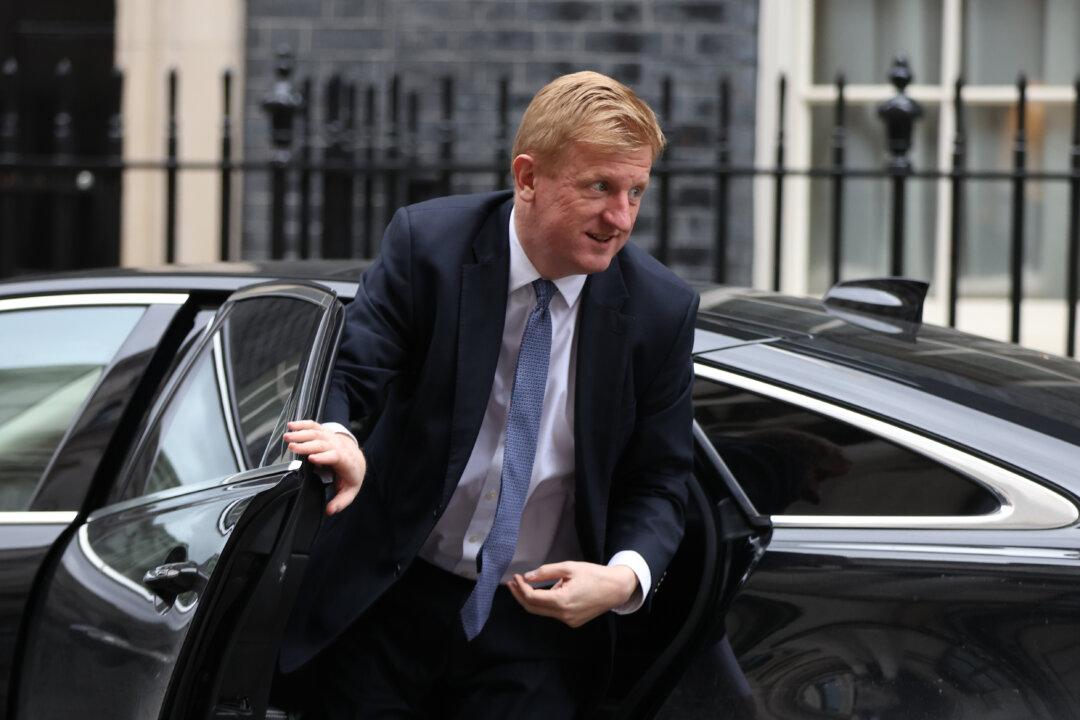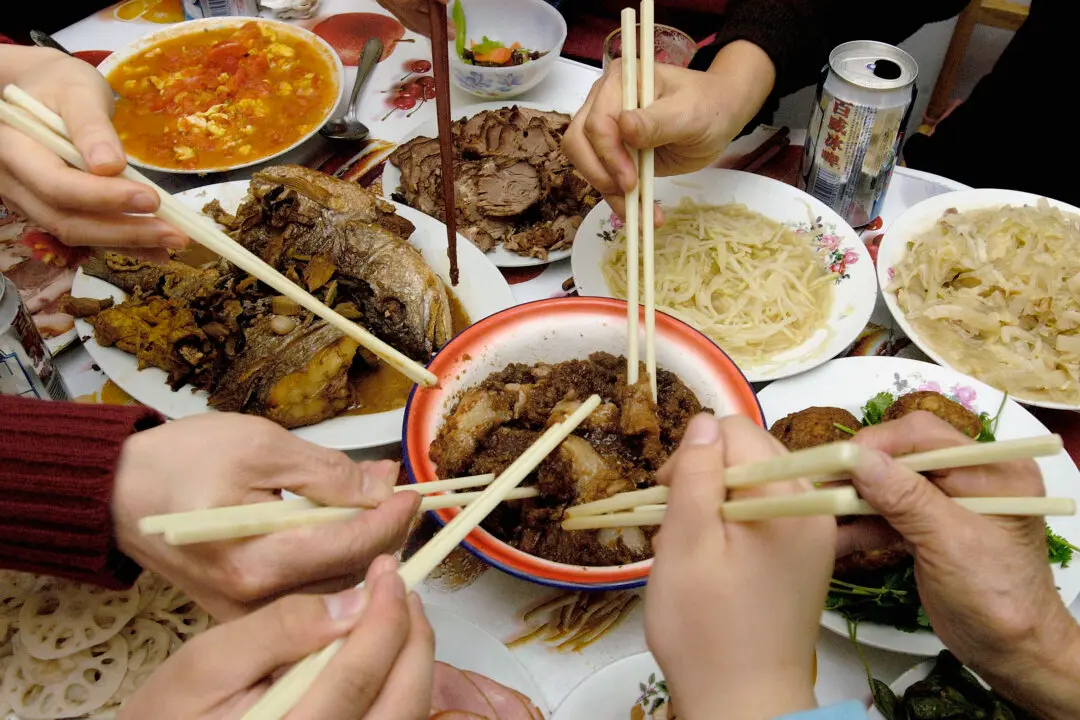The UK government is considering whether to designate the genomics sector as critical national infrastructure, the deputy prime minister said on Monday.
Oliver Dowden told Parliament he is “exploring the matter” when MPs pressed him on China issues following accusations that a well-connected parliamentary researcher may have been spying for the Chinese regime.





